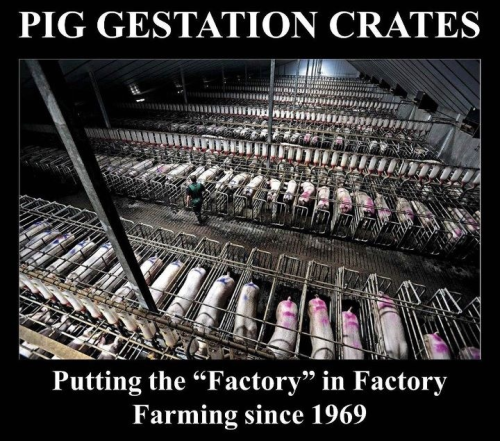Marketing has always shaped the world. Whether through promoting and preaching various religions in thousands of years ago, or selling a car today based on a special stereo, marketing has always been around in a certain form.
The problem with marketing today is it can be used to portray anything with a positive light. It is also seen everywhere. One cannot escape marketing and not have their lives influenced by marketers messages. There is also a weaker balancing power as media is becoming more controlled by political and corporate interests. This is leading to people believing things that are harmful to themselves and those around them.
There’s several examples of misleading marketing. Let’s take “All Natural” for example. The legal definition of this word is very loosely based. The following image is a representation of Snapple which displays the “All Natural” label. You be the judge…
.jpg)
Another thing that marketing impacts is Political campaigns. This can lead to terrible people realizing power. Rick Perry was running for Republican Primaries until his extreme views were turned against him. However political ads like this can still get people to believe in hateful messages and give terrible people power:
Despite the negative things that can come from marketing, there are several positives that can also be taken. In this class we have used negative and positive examples of using sustainability as a selling point. I’ve learned that it’s up to the marketer to be creative and differentiate yourself from “Green Washers” by making complex information easily available. Several companies use websites to explain their sourcing, others have interactive videos explaining processes. We’ve learned that mediums that create the largest levels of involvement are the best for sustainable products. Brand advocates are important to spread the word of mouth.
This course on sustainable marketing has further confirmed that corporations can abuse people and there are not enough checks and controls into place to stop this. Profit is the bottom line and it is a problem that has ruined countless lives and will only get worse. I think business schools need to have a stronger emphasis on ethics but would Coca Cola want to hire us if we thought it was wrong to make them more money by putting a leaf on a bottle??
Besides being cynical about it, I can sell people things by adding colours decals, adding apparently meaningless words that seem legitimate, and packaging with some leaves and mentioning something about nature. This won’t last forever, people will figure it out eventually and call out the corporations… but what will they have up their sleeves then?

